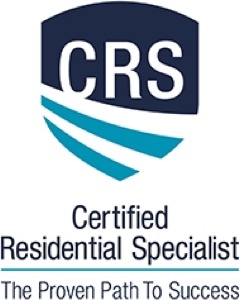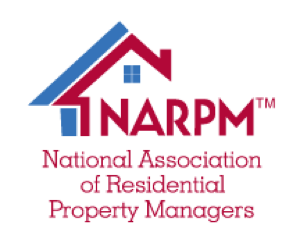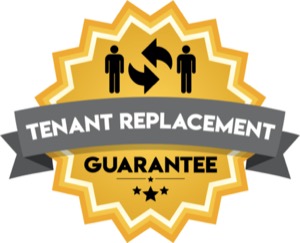
section-1b54b5b
section-4a27993

section-40e7635
We Make Your Washington, D.C. Area Real Estate Investment Goals A Reality
Do you have a vision for owning residual income-producing real estate properties in Northern Virginia, Maryland, Washington DC or Texas? Well, so do we at Mars Hill Realty Group—and we have the expertise to help you achieve your goals.
Mars Hill employs an integrated approach that enables us to service all kinds of real estate buyers and investors, in Washington, D.C., Maryland, Northern Virginia and in Austin, Texas – from first time or single investment property buyers, to high net worth bulk portfolio buyers.
How We Became Expert Investors And Property Managers
Our company founder, Edward Lui, purchased his first principal residence in his late 20’s in Georgetown, Texas. Shortly thereafter, he bought a rental home in the same neighborhood so he could keep an eye on it since he lived just a few blocks away. Edward doesn’t fancy himself to be a math wizard, but figured that he had a winning formula as long as the income exceeded the expenses.
Over the next ten years, that first rental home investment soon led to the purchase of five more residential and commercial properties. Over time, Edward developed the expertise, systems and best practices to manage his investment properties. Soon after, his real estate clients took note of his effective systems and asked him to manage their properties too! This is what started the wheels in motion for what would become a new property management division at Mars Hill Realty Group. Mars Hill now oversees more than 350 properties for successful investors in Virginia, Maryland, Washington D.C., and Texas.
Should You Own Investment Real Estate?
As an experienced investor, property manager and tenant, Edward is passionate about rental real estate. He believes that, if managed properly, rental properties can create true value for both the investor and tenant – and even the neighborhood! There’s no better way to “sell” the benefits of a neighborhood than having somebody test-drive it in a rental home. Edward believes everyone should own real estate in their investment portfolio. People often tell him that, as homeowners, they are already real estate investors. However, your home is not a performing asset like an investment home. That’s because at the end of the year, your home isn’t putting money into your pocket – it’s taking money out.
- This lesson still hasn’t sunk in for many Americans: a house is not an asset. It’s a liability. Very simply, an asset is something that puts money in your pocket. A liability is something that takes money out of your pocket. The reason people are confused and think that a home is an asset is because from the 1970’s through the early 2000’s they were able to pull money out of their house in the form of loans, like a real estate ATM. In reality, “buying a home and counting on it to be your retirement is financial ignorance and recklessness at its worst.”
– Robert Kiyosaki (RichDad.com).
Are you looking for excellent income and returns in locations where home values have a strong history of appreciation? Contact Mars Hill Realty Group for information about great value, high-quality, turnkey income-producing properties that can be acquired in Washington, D.C., Virginia, Maryland, and Austin, Texas.
If you’re interested in learning more, check out the following links below:















